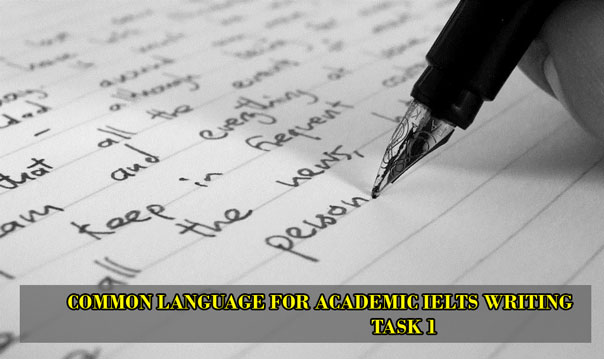IELTS HOPECO: Processes (Part 8) - Developing your vocabulary

A big part of not being able to develop a process enough is often caused by a limited vocabulary range. As mentioned earlier, you might find that some of the words in a diagram are difficult to understand. This is often because you might not be so familiar with the particular process being described. If this happens, try to use the illustration to help you follow the process more easily, and highlight the words that you know. As you look at some of the examples shown in this unit, you will probably find that you have to write about subjects that you have no knowledge about. How many of you, for example, know how to make paper, biofuel, Pu’er tea, sake and so on? Regardless of the process being described, you are still expected to be able to write an essay explaining all of the stages shown.
If you do have a process in your test and have experience about what is shown, you are very lucky. Understanding what is happening in the process makes it much easier to develop a body. Knowing even a little about what you are writing about will give you more confidence, and enable you to focus more clearly on writing a good essay.
A more likely scenario, however, is that you will have to write about a process that you have never thought about. Also, words will be used that you have never seen before. It is at this stage that many IELTS students suddenly feel the need to improve their vocabulary range. Of course, this is an excellent idea and can be done over a period of time by reading newspapers, magazines, novels. Indeed, reading anything in English is useful. Do not think that every word you learn has to come from an English textbook. The more English you are exposed to, the quicker you will increase your vocabulary.
The problem, however, is that most students do not have much time to learn new words before their test. A need to meet a deadline - the test - often means that there is a race against time to learn all of the skills needed to ensure a high score. Trying to find time to learn more words becomes extremely difficult. Another problem is that you don’t know which words you will need in the test. You might be increasing your vocabulary by using some of the ideas suggested above but, until your vocabulary range becomes very extensive, you are unlikely to be learning enough of the words used in these diagrams.
IELTS examiners, when deciding what score to give to you, will take vocabulary selection into account. Typically, specific nouns and verbs will be given to you in the diagram but, despite this kind of help, many verbs still need to be chosen by you and will often contribute more than nouns to your final score. Of course, if some verbs are already in the diagram, try to use synonyms whenever possible.
More advanced students might find it possible to take verbs used in the diagram and change them into other forms of the same word. For example, production can be changed into produce, fertilisation into fertilise, deliver into delivery, and so on.
This skill takes time, and a fairly extensive vocabulary range, but it is important to work on improving this skill.
Để biết thêm thông tin chi tiết vui lòng liên hệ:
DU HỌC UNIGLOBE
10/3 Nguyễn Thị Minh Khai, Phường Đa Kao, Quận 1, TP.HCM
ĐT: (08) 35 173 345 – 35 173 678
Email: info@uniglobe.edu.vn
Website: www.uniglobe.edu.vn






bình luận